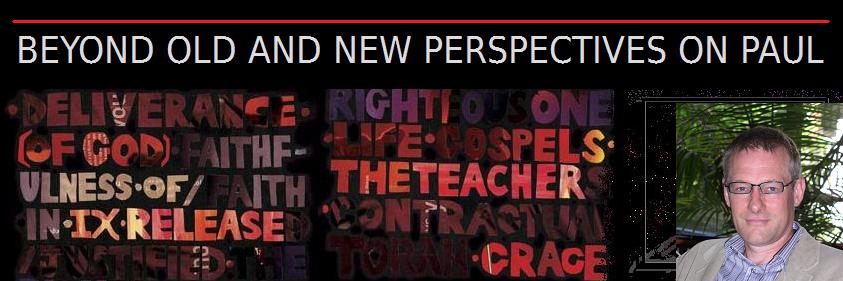 |
| Liz Taylor in The Taming of the Shrew |
Karl Barth, after a visit to the cinema with Nelly to watch
The Taming of the Shrew, spoke excitedly to his assistant, Eberhard Busch about actress Elizabeth Taylor. With typical analytical insight he described her as a "lady with large cleavage"! (Eberhard Busch,
Meine Zeit mit Karl Barth: Tagebuch 1965-1968, p.511 - this volume, by the way, is simply
magnificent, and I find his comments on a whole host of famous theologians enormously interesting).
The film scored well on the tottyometer, in other words. And as we can see from the picture, Barth was quite right!
But to bring me to the point of this post, it is important that Barth in these comments not be understood simply as a dirty old man. Rather, I think it reflects the freedom, appreciation of beauty and humour appropriate to this great theologian of joy (incidentally, while on the word "joy", readers might be interested in
Christ Our Joy: The Theological Vision of Pope Benedict XVI, discussed
here). Barth once put it like this:
"God is glorious in such a way that He radiates joy ... And if a different view of His glory is taken and taught, then even with the best will in the world, and even with the greatest seriousness and zeal, the proclamation of His glory will always have in a slight or dangerous degree something joyless, without sparkle or humour, not to say tedious and there finally neither persuasive nor convincing" (CD II/1, 655)
Perhaps it seems little less than astonishing for moderns, but the presence (or lack) of humour and joy were, for Barth, appropriate criterea to discern truth. And I for one think he is right. Again, in CD III/2, 437, Barth engages Bultmann with these words:
"We are again up against the well-known Marburg tradition with its absolute lack of any sense of humour and its rigorous insistence on the honesty which does not allow any liberties in this respect. “It is impossible to use electric light and the wireless and to avail ourselves of modern medical and surgical discoveries, and at the same time to believe in the New Testament world of demons and spirits” (p. 5). Who can read this without a shudder?"
So, if you find yourself too easily offended (perhaps even by Barth above), too solemn and serious, too heavy and unable to smile, your theology (and not just your character) needs a health-check.
See also Daniel Migliore's online article, "Reappraising Barth's Theology",
here. "Barth's humor", he writes, "points beyond irony or satire, and certainly far beyond ridicule or gallows humor, to the free laughter of children and friends in God's new creation" ... "If as the Apostle Paul says, where sin abounds, grace super-abounds (Rom. 5:20), is that not cause for joy and a touch of humor?"
Absolutely. And because the limits of humour cannot be analysed or specified - for to do so would kill joy - humour is
free.
Labels: Barth







